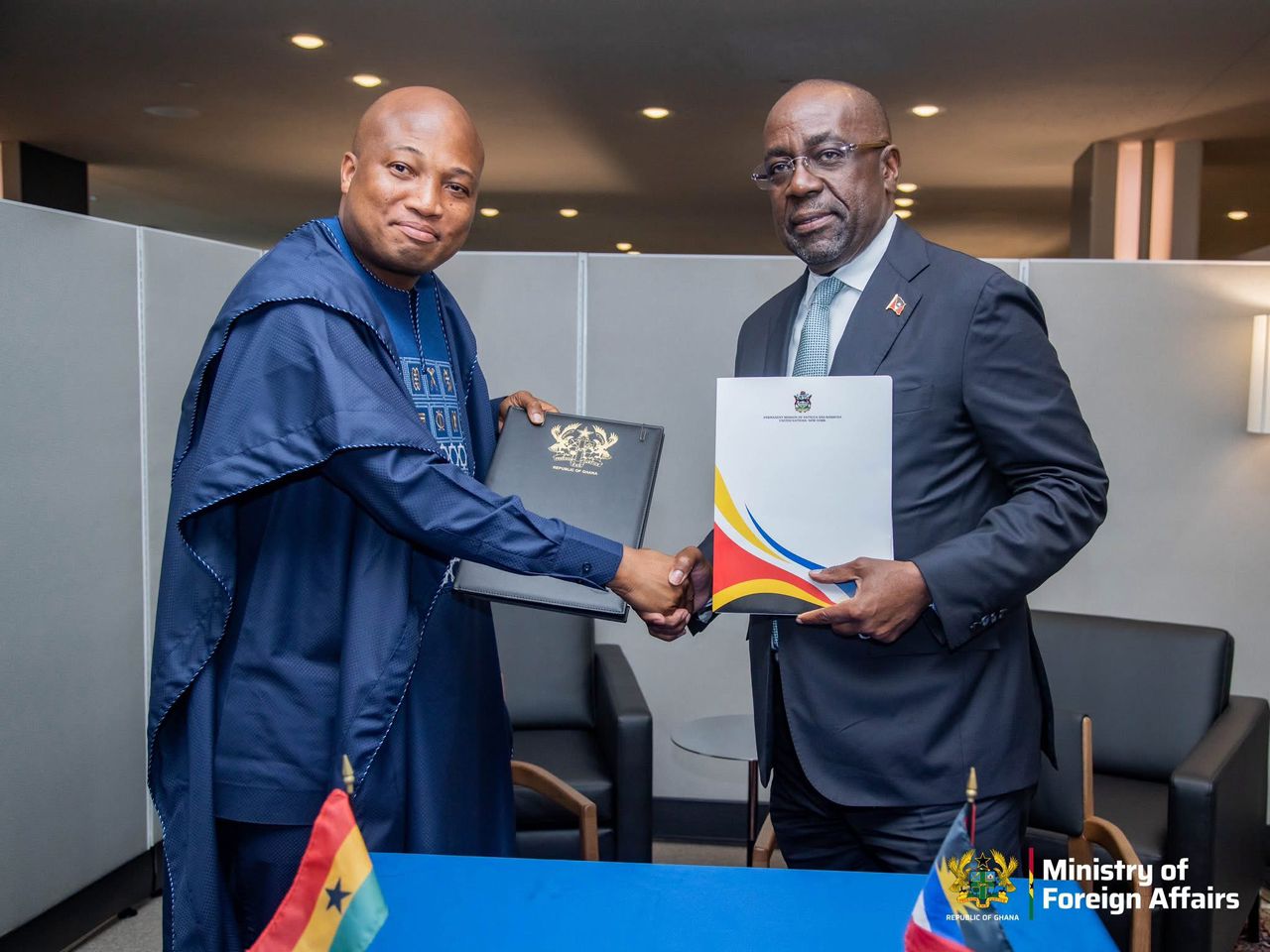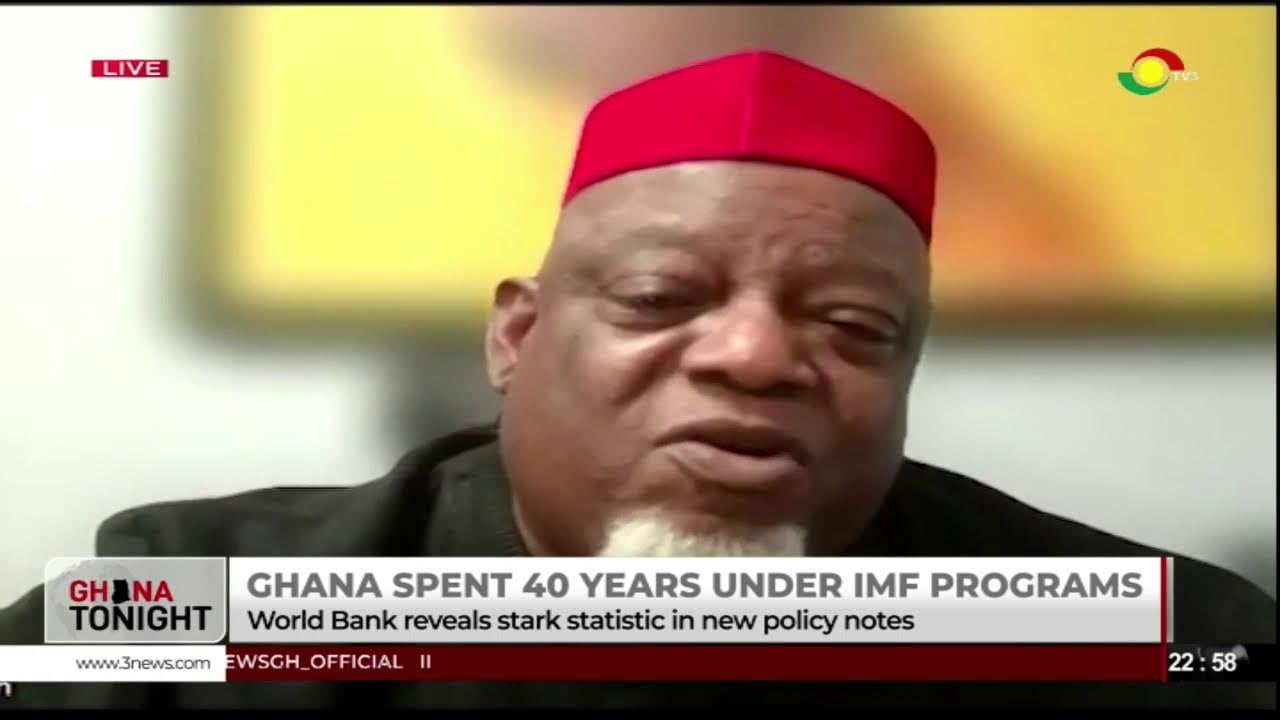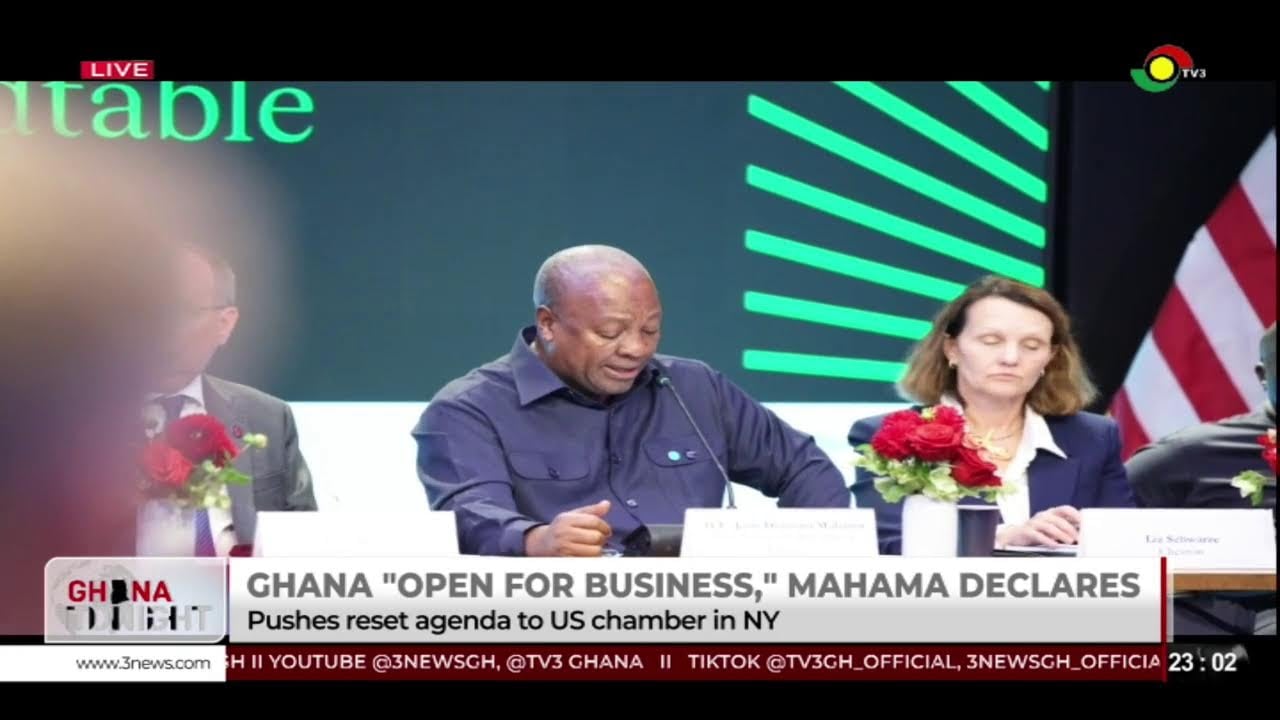
By Joshua Worlasi AMLANU
Ghana’s telecom sector is on the verge of major change as AT Ghana’s three million customers have begun roaming on Telecel’s network under a government directive aimed at stabilizing the industry and ensuring uninterrupted service.
The move, ordered by the communications minister amidst threats of network shutdown due to AT Ghana’s unpaid debts to American Tower Corporation, underscores the urgency of reforms in a market facing mounting pressures. KPMG, advising the government on the struggling operator’s future, is concluding its review as the government considers a stronger and more sustainable competitor to dominant players. Structural challenges and sector-wide realities clearly extend beyond any single operator’s fate in this pivotal transition.
The numbers paint a challenging picture. AT owes over US$150 million and struggling to maintain basic operations. Industry estimates suggest any viable recovery would require approximately US$600 million over four years to return to competitive strength. This gap between immediate needs and long-term requirements highlights the capital-intensive nature of modern telecommunications.
The nation cannot afford another telecom failure. The Minister appears to be weighing options that could finally provide ordinary Ghanaians with a genuine alternative to MTN’s dominance.
Recent market data reveals diverging trajectories among Ghana’s telecom operators. AT Ghana’s market share has sharply declined from over 25% in 2018 to around 6% in early 2025, reflecting challenges from parent company exits and restructuring. In contrast, MTN Ghana has steadily expanded its dominance, growing from approximately 61% market share in early 2022 to commanding about 78.88% by April 2025. Telecel Ghana (formerly Vodafone Ghana) has maintained a relatively stable second position with around 15% market share in 2025, supported by network investments and subscriber growth.
These dynamics highlight MTN’s sustained market power despite regulatory efforts, while other operators experience varied fortunes in a rapidly evolving telecom landscape. Industry watchers have raised concerns of this exponential growth in MTN’s market share given that this could possibly pose a security risk for one dominant player in such a critical industry.
A recent report highlights Telecel Ghana’s impressive 21% subscriber growth since acquiring Vodafone Ghana in 2023, underscoring how shifting market dynamics continue to reshape Ghana’s telecom landscape amidst ongoing industry consolidation discussions.
Several financial investors have proposed capital injections to rescue AT, with offers ranging from US$150 million upward. While these proposals appear substantial, they illustrate precisely why pure capital injection misses the strategic imperative. Even the largest financial offers address only immediate debt obligations, not the systematic infrastructure modernization Ghana’s digital economy demands.
The broader policy implications extend beyond immediate crisis management. Ghana’s digital economy ambitions depend on reliable, competitive telecommunications infrastructure. The country’s connectivity goals require operators with sufficient scale and stability to invest in network modernization and service innovation.
ATs staffing challenge adds another dimension to the crisis. Reports suggest the company struggles to retain technical talent amid financial uncertainty, creating operational risks beyond immediate debt concerns. The telecommunications sector’s specialized skill requirement makes talent retention critical for network quality and service delivery.
While KPMG weighs various strategic options, market dynamics continue evolving. Pure financial rescue might address immediate debt but may not solve underlying competitive advantages. New market entrants face years of infrastructure development in a capital-intensive sector. Strategic consolidation with existing operators could provide immediate scale.
For millions of Ghanaians on mobile connectivity for economic participation, the outcome of any recommendations will determine whether Ghana develops stronger telecommunications competition or faces continued market concentration challenges.
The Minister’s temporary approach reflects clear assessment of telecommunications fundamentals: infrastructure consolidation, executed strategically, creates stronger competition and superior service delivery compared to fragmented markets with multiple weak participants. For Ghana’s digital transformation objectives, competitive telecommunications infrastructure is not optional but foundational.
Market evidence increasingly favors strategic moves that enhance operational capacity and scale rather than relying solely on financial bailouts; how nation manages this critical moment will determine the future trajectory of its digital economy for years to come.
The post Redefining Ghana’s Telecom Sector: Promoting competitive market space appeared first on The Business & Financial Times.
Read Full Story























Facebook
Twitter
Pinterest
Instagram
Google+
YouTube
LinkedIn
RSS